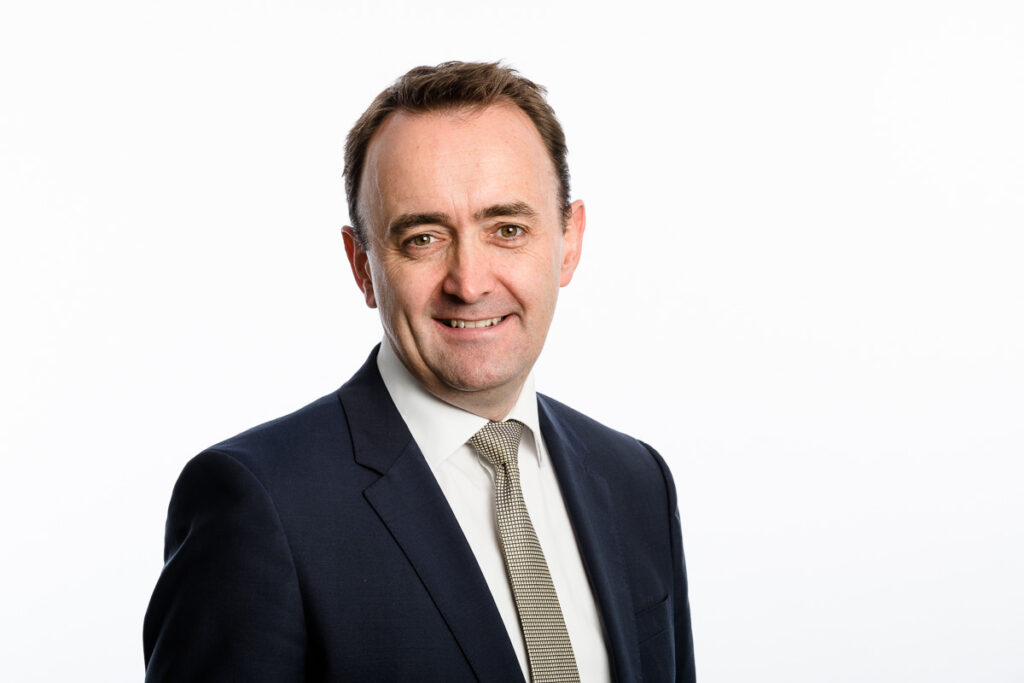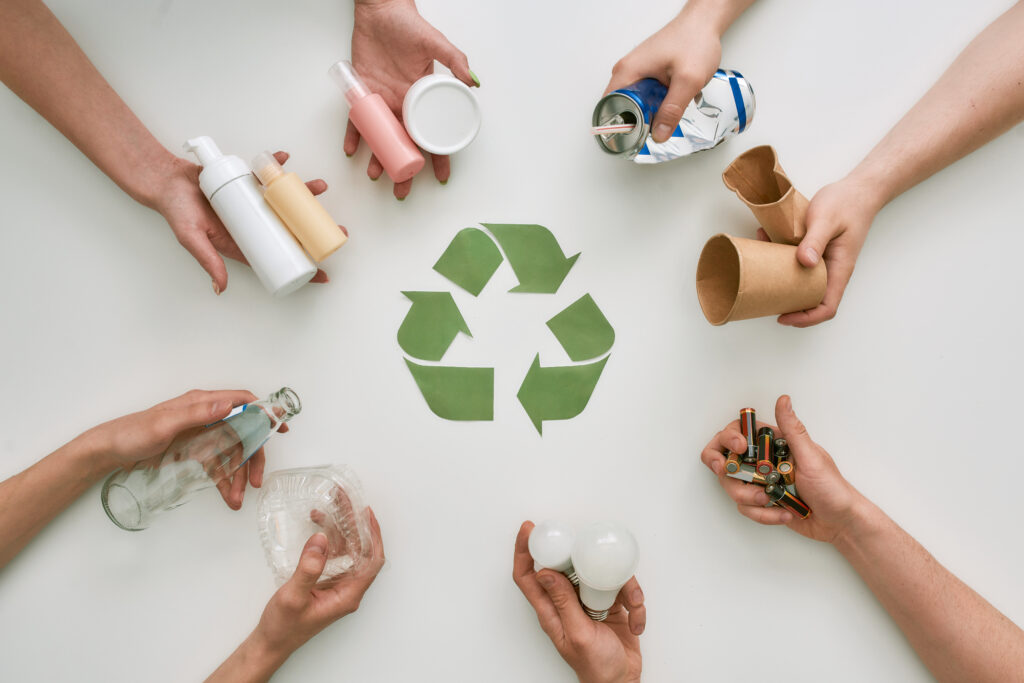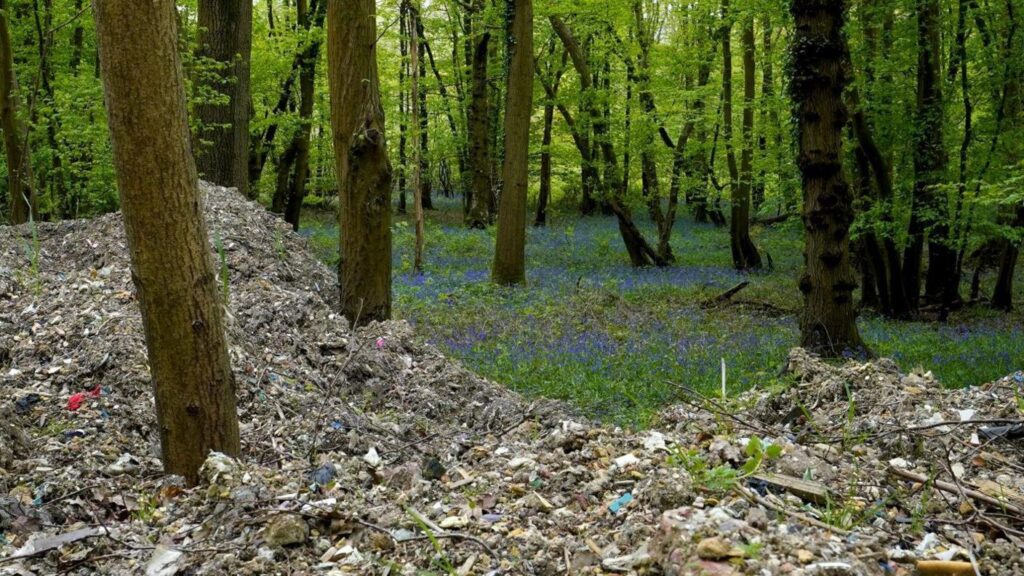Environmental Services Association has said that the announcement should be viewed as the minimum baseline requirement and kerbside recycling services “must meet the right levels of separation and recycling required” by the EPR regime.

Head of recycling policy at the Environmental Services Association (ESA), Patrick Brighty, said: “Today’s announcement will make life easier for householders by reducing confusion over what can and cannot be recycled while also preserving flexibility for councils over the way they collect recyclable materials at the kerbside.
The ESA supports measures that provide local authorities with the flexibility to determine their own collection model based on their own individual circumstances but, whatever the chosen solution, councils will need to demonstrate that their service choices deliver the efficient and effective recycling performance required by the new packaging Extended Producer Responsibility (EPR) regime.
Appropriate commingling of materials – which must be done carefully to avoid contamination and preserve quality – would minimise the number of bins required for householders and businesses and maintain an efficient collection service.”
Biffa said that it will work closely with the government, local authorities and businesses to implement the reforms. Michael Topham, chief executive officer, Biffa, said: “Sustainable waste management is a key component of the UK’s net zero goals, and today’s announcement on the outcome of the Simpler Recycling consultation is another positive step forward. Having clarity on timelines and what’s in scope is crucial for a seamless implementation of this more consistent approach to recycling across businesses and households in England.

“We hope [the reforms] will encourage behavioural change in the workplace and at home, reducing contamination and reigniting stalled recycling rates on the UK’s journey to net zero.”
The Local Government Association (LGA) has emphasised the different needs required by both urban and rural communities. Cllr Darren Rodwell, environment spokesperson for LGA, said: “Public satisfaction with local waste services remains very high, which councils have worked hard to achieve.
“We are pleased the government has listened to the LGA and decided to allow councils to retain some of the flexibilities in how collect waste from people’s homes. However, this flexibility should extend to frequency of collections in whatever way best supports communities to reduce waste and improve recycling.
“Our national ambitions for waste and recycling will only be achieved by fully empowered local delivery, alongside measures transferring the costs from taxpayers onto the waste producers.”
John Scanlon, chief executive officer for Suez recycling and recover UK, said: “Given a number of councils have successfully pioneered three weekly residual collection services, a requirement for councils to provide minimum fortnightly residual waste collections feels like a backward step.
“Evidence shows that reducing residual collection frequency encourages people to use the food and recycling collection services provided by their local council more consistently. In Seuz’s own experience, three weekly residual waste collections, supported by reliable, frequent food and dry recycling collections, are clearly effective in boosting recycling rates.
“Restricting the options available to local authorities with high recycling ambitions whilst at the same time ‘actively encouraging’ more frequent residual collections and promoting a three bin collection system, risks jeopardising our ability to meet the recycling targets that are a key part of the UK’s net zero ambition.”
The Recycling Association has said local authorities must ensure they maintain or improve quality as a result of Simpler Recycling. Chief executive Paul Sanderson said: “I’ve been saying for a while that we need to get on with introducing Extended Producer Responsibility (EPR) and Simpler Recycling and we are now getting the certainty that this policy is moving forward with clear deadlines for its introduction.

“Whoever wins the upcoming general election should keep the framework of these policies in place so our members and other stakeholders in the value chain can prepare for their introduction.
“While it is good that all local authorities in England will collect the same core materials of paper and card, plastic, metal and glass, I ask them to consider the impact on quality from any changes they make to their household collections.
“To enable access to markets as part of a global circular economy, and to create circular products from these materials, we need to ensure that they are collected and sorted to maximise quality with minimal contamination.”
NAWDO said that it is disappointed by the decision around guidance on the minimum fortnightly collection frequency for residual waste. A spokesperson said: “We are also disappointed that there has been no recognition of the delays over the last two years around policy development involving the compliance dates for the Simpler Recycling proposals.
“It will be extremely challenging for most local authorities to comply with the March 2026 target dates, especially if infrastructure is required to be delivered as part of the solution. The March 2025 target date for non-household recycling is even more challenging. NAWDO strongly urges Government to consider introducing transitional arrangements, as they done with other aspects of the recycling collection and packaging waste reforms.”
LARAC has said it had hoped for a more “nuanced approach”. Cathy Cook, LARAC chair, said: “The decision to encourage not less than fortnightly residual waste collections completely undermines what the government is trying to achieve through the rest of the Collection and Packaging Reforms (CPR).
“The government has put in a lot of resources to ensure that householders have the ability to not only recycle the most common dry recyclable materials but also food waste. This is a great opportunity to encourage householders to do the right thing and place the correct items in the correct bins in order to reach a 65% recycling rate by 2035. But this will not work if the government continue to encourage unrestricted residual waste collections.”
The Confederation of Paper Industries (CPI) said it “remains deeply concerned” by the government’s approach towards Simpler Recycling.

“Rather than ‘simpler recycling’, the government’s refusal to collect paper and card separately, coupled with the intention to introduce exemptions to allow for commingled collections creates ‘confused recycling’. As CPI has previously warned, the quality of material collected is critical, but has been overlooked by Defra. Simpler Recycling will increase contamination, drive up reprocessing costs, deter investment and see the loss of material from our sustainable, circular models our industry relies upon. CPI calls on DEFRA to urgently reconsider its approach,” said Phil Fenton, director of packaging, Confederation of Paper Industries (CPI).
North London Waste Authority has said that although its a positive that councils can choose how to collect recycling as well as food and garden waste, it is “disappointing” that the same flexibility is not being given to rubbish collections. Clyde Loakes, chair of North London Waste Authority, said: “Local councils know what works best for their local area and should retain flexibility to do what is best for their residents.
“Instead of worrying about how often councils collect bins, they should focus on bringing forward the changes that will reduce consumption, tackle contamination and stop recyclable materials going to waste.
We would also like to see support from government to address the specific challenges urban areas face to implement and drive up participation in food waste collections. And while some funding has been given to collection authorities for new food waste services, there’s still no confirmed funding for waste disposal authorities to handle and process that waste.”









Subscribe for free